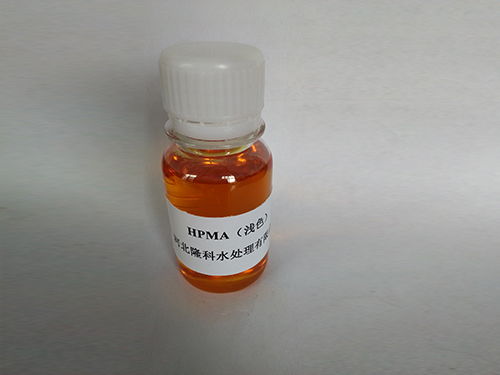Effective Approaches to Water Treatment Using Inhibitors for Improved Efficiency
Inhibitor Water Treatment A Sustainable Solution for Water Management
Water is one of the most vital resources on our planet, serving as the foundation for life, agriculture, industry, and energy production. However, the increasing demand for clean water combined with the effects of pollution, climate change, and population growth poses significant challenges to water management. One innovative approach to improving water quality and sustainability is the use of water treatment inhibitors. These inhibitors are chemical substances designed to prevent or reduce the undesirable effects of contaminants in water, and they play a critical role in ensuring that water remains a safe and reliable resource.
Understanding Inhibitors in Water Treatment
Water treatment inhibitors can be classified into various categories based on their specific functions. Common types include scale inhibitors, corrosion inhibitors, biocides, and flocculants. Each of these inhibitors targets specific contaminants or problems within the water supply.
1. Scale Inhibitors These substances prevent the formation of scale deposits, which can clog pipes and reduce the efficiency of water systems. Hard water, which contains high levels of calcium and magnesium, often leads to scale formation. By adding scale inhibitors to the water, companies can enhance HVAC systems, cooling towers, and other machinery longevity while also conserving energy.
2. Corrosion Inhibitors Corrosion is a prevalent issue in water systems, often leading to structural damage and further contamination of the water supply. Corrosion inhibitors create a protective film on the surfaces of pipes and equipment, reducing the rate of oxidation and metal dissolution. This not only prolongs the life of the infrastructure but also helps maintain water quality.
3. Biocides Contaminated water can serve as a breeding ground for harmful microorganisms. Biocides are chemicals used to kill or inhibit the growth of bacteria, viruses, and algae. By effectively controlling microbial populations in water systems, biocides ensure the safety of drinking water and the efficiency of industrial processes.
4. Flocculants These agents facilitate the aggregation of suspended particles in water, making it easier to remove impurities and sediment. Flocculants enhance the sedimentation process during water treatment, improving the overall clarity and quality of the water. The application of flocculants is particularly beneficial in wastewater treatment plants, where the removal of solids is crucial for effective treatment.
inhibitor water treatment

Advantages of Using Water Treatment Inhibitors
The implementation of water treatment inhibitors offers a multitude of benefits. Firstly, these inhibitors improve the overall efficiency of water systems, leading to reduced operational costs for industries and municipalities. By minimizing scale buildup and corrosion, facilities can lower maintenance expenses and extend the lifespan of their equipment.
Secondly, inhibitors contribute to environmental sustainability. By preventing the leaching of heavy metals into water supplies and ensuring cleaner discharge from wastewater treatment processes, inhibitors help protect ecosystems and preserve water resources. For industries, this can lead to improved compliance with environmental regulations and a better public image.
Moreover, water treatment inhibitors can enhance the quality of drinking water, addressing concerns about public health. With effective biocides and corrosion inhibitors in place, the risk of waterborne diseases and contamination is significantly reduced, allowing communities to access safe and clean drinking water.
Challenges and Considerations
Despite the clear benefits, the use of water treatment inhibitors also presents challenges. The potential for chemical residue and the environmental impact of certain inhibitors must be carefully managed. Regulatory frameworks need to evolve to ensure that the use of these chemicals does not pose risks to human health or the environment. Furthermore, ongoing research is essential to develop more eco-friendly and sustainable inhibitors that minimize adverse effects.
Conclusion
As water scarcity and contamination issues continue to rise, the need for effective water management strategies becomes increasingly urgent. Water treatment inhibitors represent a promising technological advancement in the quest for cleaner water. By enhancing the efficiency of water systems, extending the life of infrastructure, and ensuring the safety of drinking water, inhibitors serve as a crucial tool in sustainable water management practices. As we navigate the complexities of modern water challenges, embracing innovative solutions will be key to ensuring that future generations have access to this essential resource.
-
Water Treatment with Flocculant Water TreatmentNewsJun.12,2025
-
Polymaleic AnhydrideNewsJun.12,2025
-
Polyaspartic AcidNewsJun.12,2025
-
Enhance Industrial Processes with IsothiazolinonesNewsJun.12,2025
-
Enhance Industrial Processes with PBTCA SolutionsNewsJun.12,2025
-
Dodecyldimethylbenzylammonium Chloride SolutionsNewsJun.12,2025





